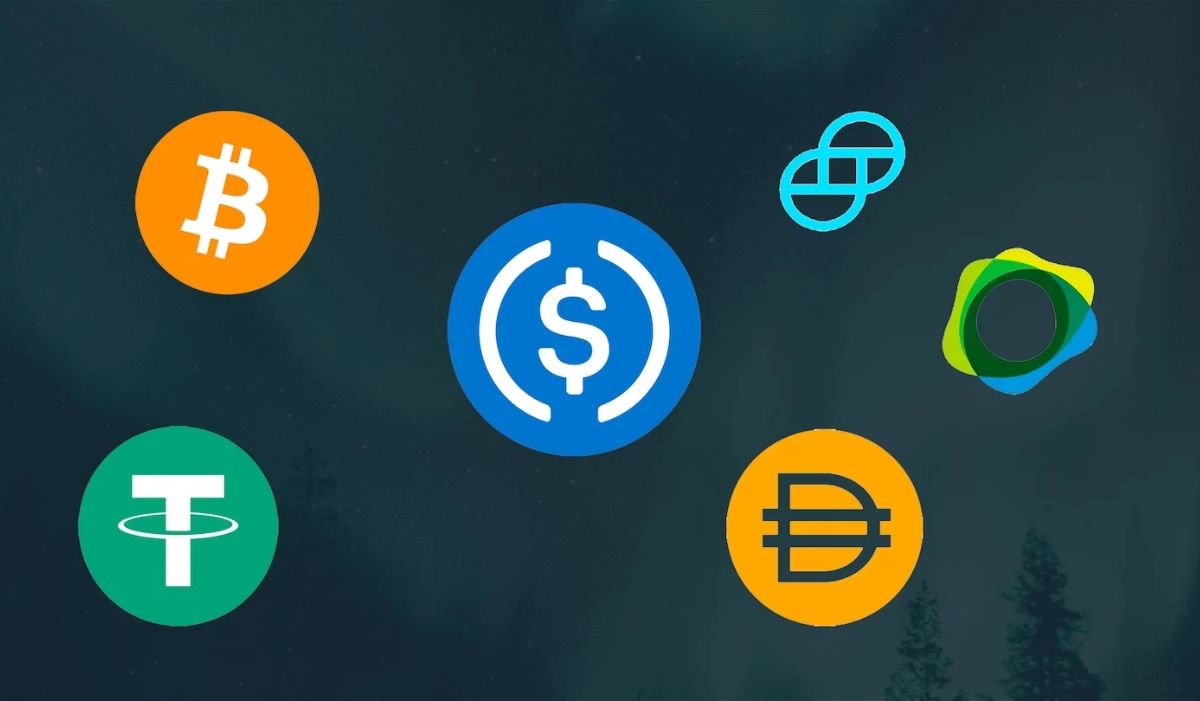Report: Nigeria Dominates Africa’s Stablecoin Market With $22 Billion in Transactions

Nigeria has cemented its position as Africa’s leading stablecoin market, processing transactions worth nearly $22 billion between July 2023 and June 2024. The data comes from a new study by Yellow Card, one of Africa’s largest stablecoin payment infrastructure providers, which examined how the digital dollar-pegged tokens are reshaping financial systems in emerging markets.
The report, titled Stablecoin Adoption in Emerging Markets, shows that stablecoins now represent about 43% of all cryptocurrency activity in Sub-Saharan Africa. Nigeria accounted for the biggest share of that volume, with South Africa, Kenya, and Ghana following closely behind.
Globally, the stablecoin market has surged from just $5 billion in 2020 to over $230 billion in May 2025. But according to Yellow Card, the most profound changes are happening in countries with unstable currencies and patchy financial systems. In Nigeria, where businesses face dollar shortages, unpredictable naira-dollar exchange rates, and an often unreliable banking system, stablecoins are increasingly being used to stabilise trade, manage corporate treasuries, and hedge against inflation.
Lasbery Chioma Oludimu, Vice President of Global Operations and Managing Director of Yellow Card Nigeria, noted that stablecoins are now central to the way companies and individuals navigate cross-border trade and financial uncertainty. “Stablecoins have become more than a speculative asset. They are building blocks for financial stability, inclusion, and efficiency,” she said.
The report also linked stablecoin adoption to wider global economic disruptions. The recent U.S. tariffs of up to 30% on exports from nearly 50 African countries have prompted businesses to adopt dollar-backed stablecoins as a workaround for dollar scarcity and trade challenges. In addition, the U.S. GENIUS Act, passed earlier this year to regulate stablecoins, has indirectly boosted confidence among African users.
In Nigeria, stablecoin use is spreading beyond retail payments to industries like oil and gas, manufacturing, and banking. According to Yellow Card’s Country Manager, Somtochukwu Nsofor, the tokens are helping companies settle cross-border bills faster and at lower cost, while insulating them from exchange rate risks. Still, challenges remain, including the risk of over-dollarisation, poor digital literacy in rural areas, and infrastructural gaps.
African fintechs are moving quickly to integrate stablecoins into mobile money platforms, payroll systems, and trade finance solutions. Yellow Card believes this could provide a model for other developing economies struggling with foreign exchange shortages and outdated banking infrastructure.
Nigeria’s regulators are also paying attention. The Securities and Exchange Commission (SEC) recently launched the “Crypto Smart, Nigeria Strong” initiative, a consultative program aimed at creating a regulatory framework for stablecoins. The SEC is even exploring a naira-backed digital currency fully supported by verifiable reserves, which would be independently audited and designed to facilitate payments, trade, and programmable finance.
Such efforts reflect Nigeria’s growing recognition of digital assets not just as speculative instruments, but as tools for real-world economic resilience.





